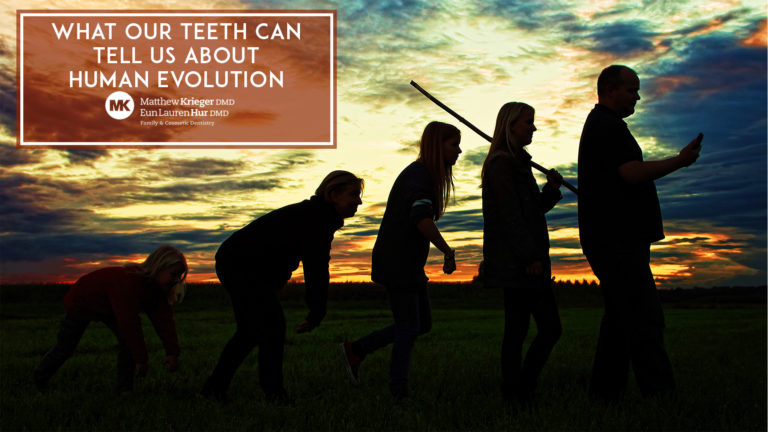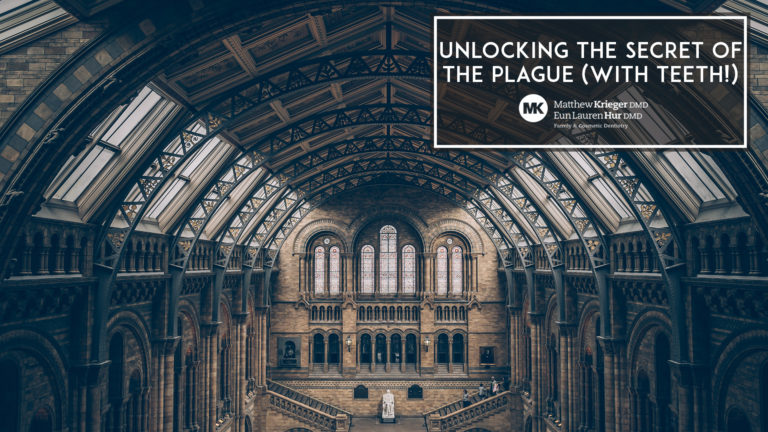Charcoal toothpaste is all the rage for people looking to get an Instagram-worthy, dazzlingly white smile. Its proponents swear by it, claiming the charcoal delivers big results with little harm — after all, it’s all natural and costs a fraction of the price of traditional teeth-whitening treatments. But like other DIY teeth-whitening methods, charcoal toothpaste has its hazards.
Charcoal Is Abrasive
One of the very reasons internet influencers claim charcoal toothpaste works — its mildly abrasive quality — is one of the biggest reasons it’s dangerous for your teeth. Non-dentist-approved charcoal toothpaste or powder might be too abrasive. There’s no standard for how much charcoal is in the toothpaste or how big the particles are. Instead of gently buffing away stains as claimed, it can actually wear away the hard outer enamel of the tooth.When the enamel of a tooth is worn away or weakened, the next layer, dentin, becomes more visible. Dentin is softer than enamel and has a naturally yellow color. In addition to making your teeth look more yellow — exactly the opposite of the result you’re looking for — the wearing away of enamel can make your teeth more sensitive and cause pain, discomfort or even more serious damage like breakage. Yikes!
It Can Contain Scary Ingredients
If you’re eyeing charcoal toothpaste as an alternative to toothpastes containing ingredients you can’t even pronounce or harsh chemicals, you might be surprised by the ingredients in the paste and the warnings that come with them. Just because something is natural doesn’t mean it’s safe — poison ivy, for example, is completely natural and organic, but it’s not something you’d want to put on your skin!Many charcoal toothpastes make claims to clinical safety without ever having been evaluated by a governing body, especially if they’re indie brands or were created by DIY makers, who cannot usually afford to conform with safety standards for health and hygiene products. With a lack of compliance with regulation comes a lack of credibility — the manufacturer can claim nearly anything is in their toothpaste without actually going through an evaluation to prove that it’s safe.
Even if your charcoal toothpaste comes from a reputable source, some of the ingredients could cause you serious and lasting harm. The Journal of the American Dental Association, upon the evaluation of charcoal tooth-whitening products, found that almost a third of them contained bentonite clay as an ingredient. This ingredient has been the subject of U.S. FDA warnings, as it contains lead.
It Doesn’t Protect Teeth from Decay
Most toothpastes contain fluoride to strengthen your teeth, protecting them from decay and damage. Most charcoal toothpastes exclude fluoride, catering to the crowd of conspiracy theorists who believe fluoride is hazardous to general health. While it’s possible to get fluoride from other sources, such as tap water, it’s not a guarantee that you’ll get enough to protect your teeth — especially if you prefer bottled water or have a home well system.The Bottom Line
Charcoal toothpaste is touted as an affordable, easy way to get brighter, whiter teeth. The hard evidence, however, proves it’s anything but. You may get a temporary boost after the first use because charcoal is naturally abrasive, but continued use can damage your teeth and actually make them appear yellower.
If you’re on a quest for whiter teeth, book your appointment with the office of Drs. Krieger and Hur today. You can discuss your concerns — be it the harshness of the chemicals or the overall cost and time investment — with staff, and we can come up with a teeth-whitening treatment that works for your needs. In some cases, a basic cleaning can leave your smile whiter and brighter immediately.
We’ve made it easy to book an appointment by calling the office at (201) 560-0606 or emailing us by clicking here. We can’t wait to see you smile more as your confidence grows from a safe, proven teeth-whitening treatment.


